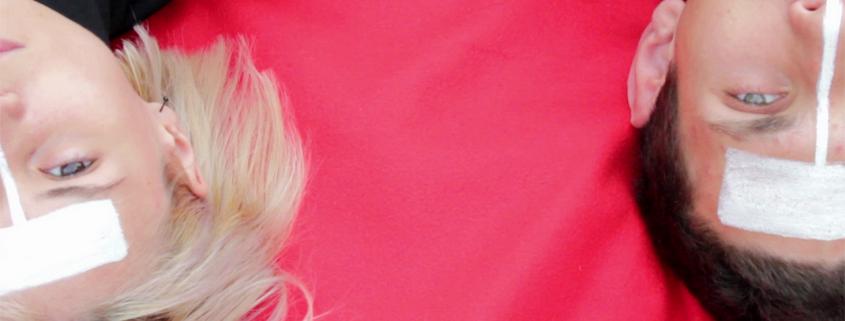CLINICAL ARCHITECTURES
FOR A COMPOSITIONIST FUTURE
Silvia Amancei, Bogdan Armanu
Curator: Cătălin Gheorghe
STATEMENT
In the post-(co)relational and post-critical temporality that we tend to go through, after the undecided end of contemporary art (Malik), in the environment in which we are using the photographic image, we are witnessing a modification of the methodology, the technology and the politics whereby we relate to the lived reality: in methodological terms, from the implications of “criticism” to the connotations of a “clinical” reading (Deleuze) or to the prospects of a “compositionist” participation (Latour), in technological terms, from the analogical photography to the digital use or processual creativity of the images as liquid fragments and immaterial architectural data, and in political terms, from the indexation of utopian constructions to the fictive representation of Prometheanist and accelerationist actions. If the first part of the exhibition is speculating an understanding of the photographical art from a clinical perspective, in which are involved the symptomatology, etiology and therapy, presupposing the identification of local disorders of modernity, the second part of the exhibition refers to the prospect of a compositionalist approach (related to Latour’s manifesto) in the construction of a future inspired by sci-fi allegories.
The installation made by Silvia Amancei & Bogdan Armanu at Borderline Art Space presents the uncertainty of a futurist dystopia in relation with the minimal contradictions of a possible carrying into effect of some controversial compositionist mission. In the future, the distinctions among an intimate space of a private home, an administered space of a dreaming camp, a clinic space of a sanatorium, a disciplinary space of a prison, an imaginary space of a wish would be irrelevant. On aspiring to live by going out into the cosmic space, beyond the Earth, we cannot leave behind the human nature as well. Imagining a collective and solidary life, built through work without (self)exploitation and exhaustion, is credible only in the conditions where we cannot explain the process of the “dreaming state.” The conflict of the political aspirations is not only in the relations among people, but also in experiencing individually the “idea of politics.” In the phenomenological parentheses, the critical theory, the clinic situation or the compositionist reverie, our suspension from the pan-globular life – where you are seen, followed, targeted, looked for, questioned and identified – could be produced maybe only in solving the contradiction between the hope in poetic emancipation and the implacability of the bio-politic control.
*This exhibition was part of ‘CAMERA PLUS. Biennial of contemporary photography and moving image’, organized by the Center of Contemporary Photography, Iași.

